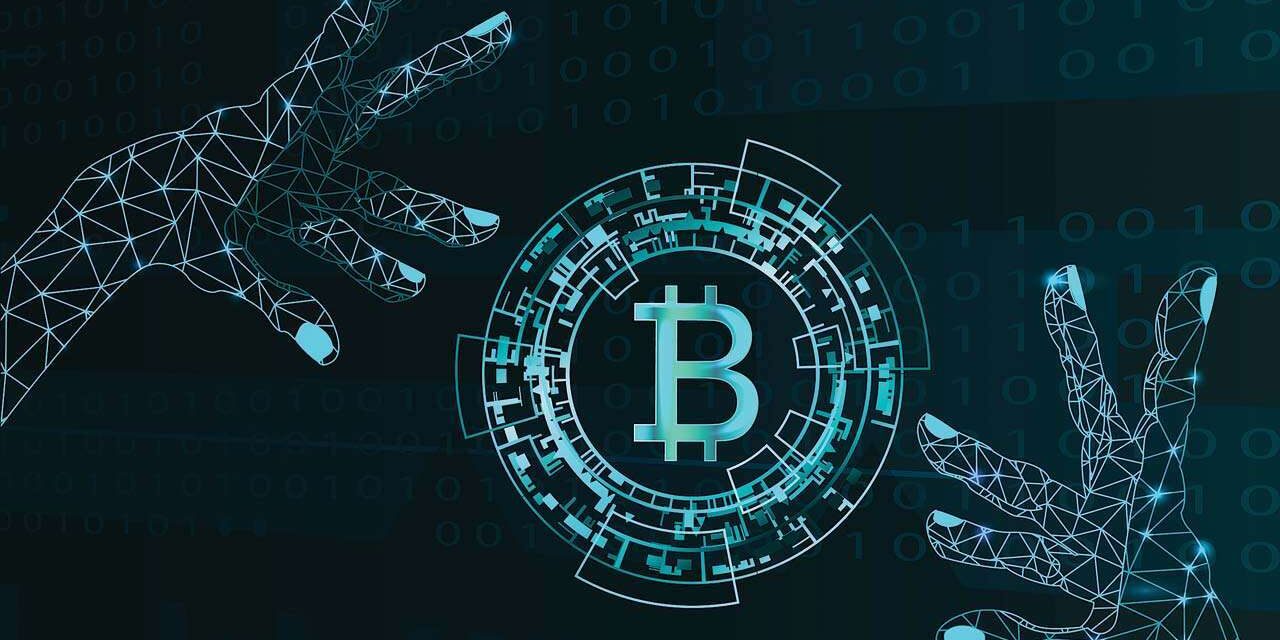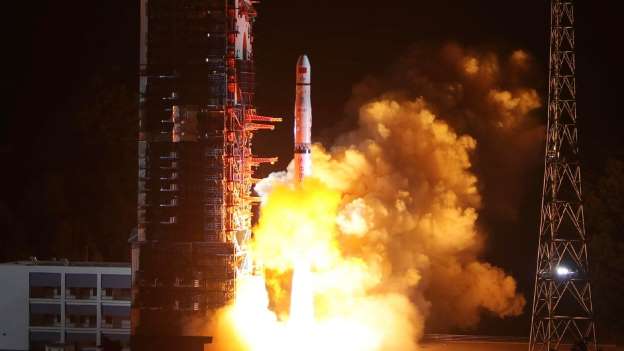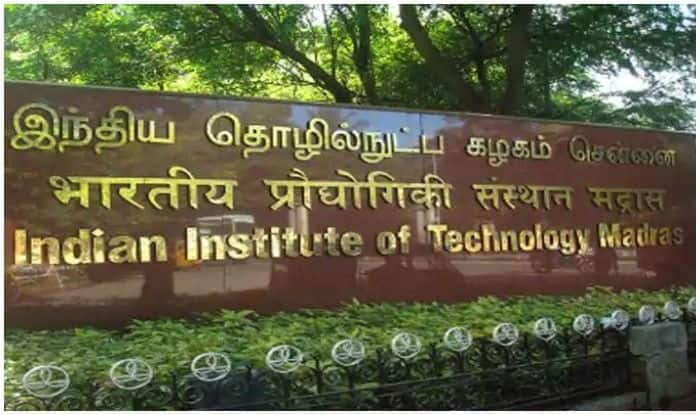Digital rupee on its way to India using blockchain and other technologies will be introduced by the central bank in 2022-23, Finance Minister Nirmala Sitharaman said today as she presented her fourth budget.
“The introduction of central bank digital currency will give a big boost to the digital economy. Digital currency will also be a more cheaper and efficient currency management system,” Ms Sitharaman said today.
“It is therefore proposed to introduce digital rupee using blockchain and other technologies – to be issued by the Reserve Bank of India, starting 2022-23,” she underlined.
It also comes amid deliberation over the regulation of cryptocurrency. The RBI had earlier voiced “serious concerns” around private cryptocurrencies on the grounds that these may cause financial instability.
On Monday, Principal Economic Adviser Sanjeev Sanyal said the government will take a balanced view on the issue of regulation.

“There are some financial stability issues. But there are also other arguments that are made in terms of innovation and so on….obviously a balanced view on this will be taken,” he said.
Today, the Finance Minister also announced today that 75 digital banking units will be set up in 75 districts.
“In recent years, digital banking, digital payments, and fintech innovations have grown at a rapid pace in the country.
The government is continuously encouraging to ensure that the benefits of digital banking reach every nook and corner in a consumer-friendly manner.”
“Taking forward this agenda, and to mark 75 years of Independence, it’s proposed to set up 75 digital banking units in 75 districts of the country by scheduled commercial banks.
The financial support for digital payment ecosystem – announced in the previous budget – will continue in 2022-23 as well,” she said.
Also, in another important budget announcement, “any income from transfer of any virtual digital asset shall be taxed at the rate of 30 per cent”.
“No deduction in respect of any expenditure or allowance shall be allowed while computing such income, except cost of acquisition,” Ms Sitharaman said.









